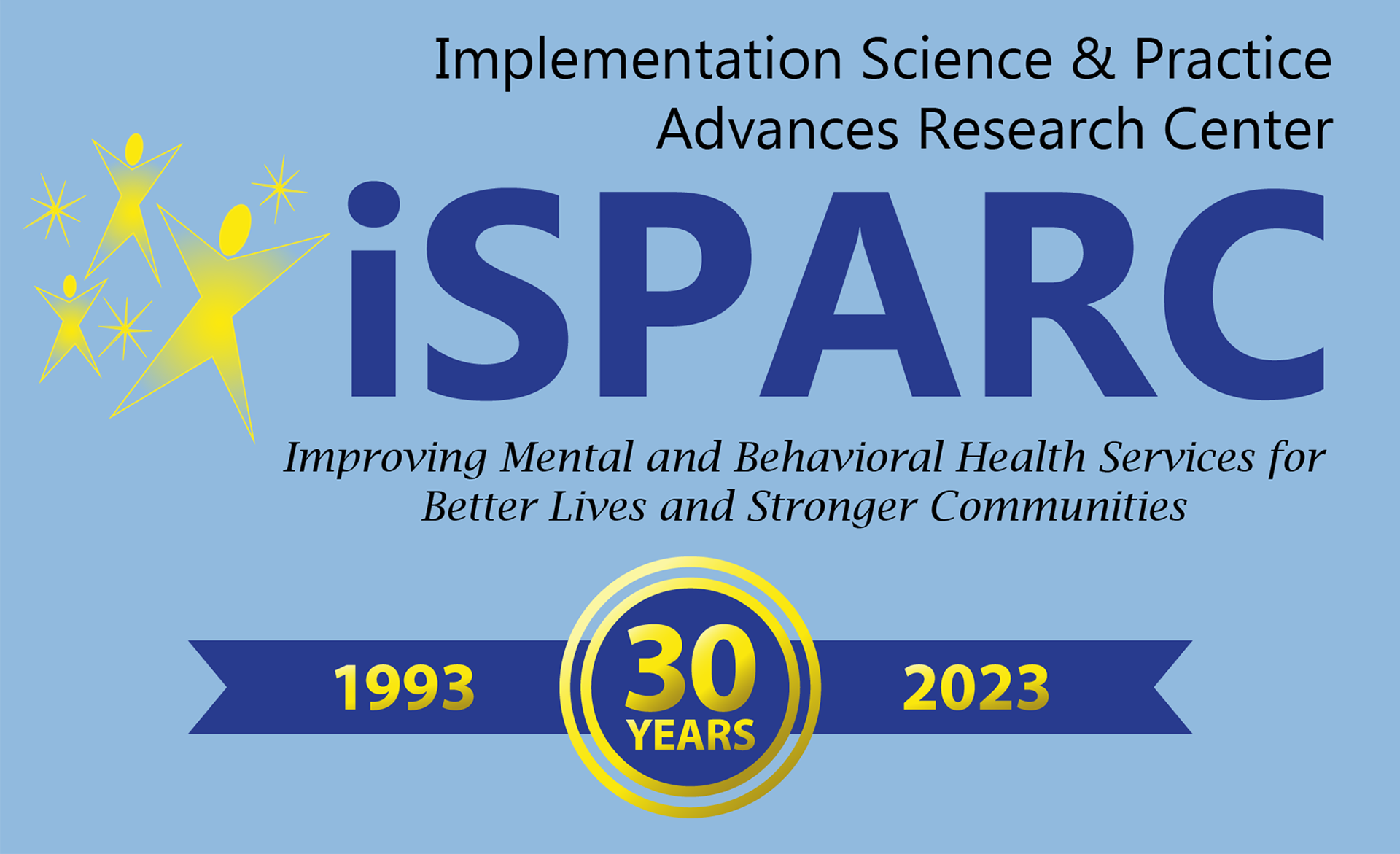The DeafYES! Center for Deaf Empowerment and Recovery
 Our mission is to partner with the Deaf community to develop innovative addiction and mental health resources that are uniquely and expertly tailored for Deaf signing people.
Our mission is to partner with the Deaf community to develop innovative addiction and mental health resources that are uniquely and expertly tailored for Deaf signing people.
We provide culturally affirmative, linguistically accessible behavioral health services to Deaf therapy clients, while our NIAAA-, NCATS-, and NIDCD-funded programs of research revolve around developing innovative, evidence-based behavioral health interventions and research methodologies. Our work within the Deaf community has only been successful because of our participatory action approaches. Our team’s clinical services and research studies are co-led by Deaf professionals, hearing professionals, and Deaf laypersons, ensuring that the work we do is relevant and accessible to our population of focus. In addition to this community co-leadership model, we continuously infuse the voice of Deaf community members into our work via ongoing qualitative interviews, focus groups, and community forums.
Meet the Team:
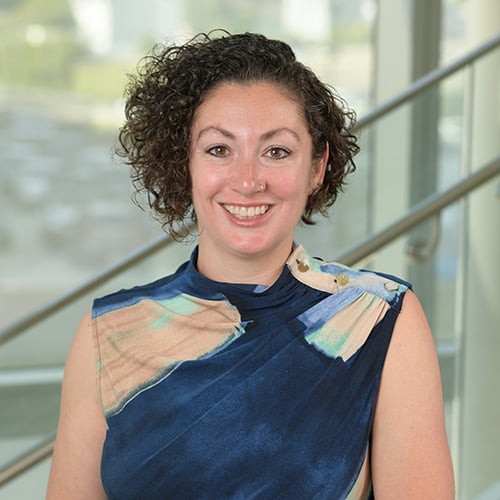
Melissa Anderson, Ph.D., MSCI
Co-Director of DeafYes!
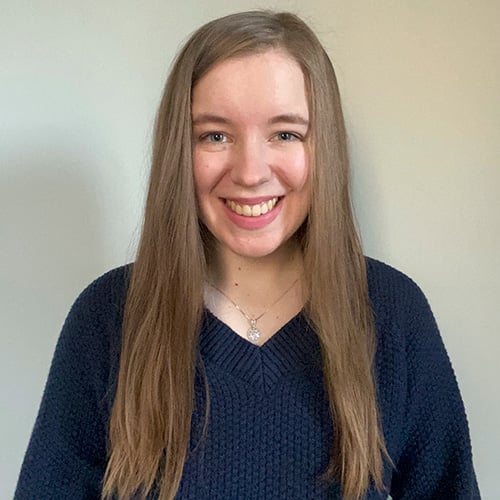
Felicia McGinnis
Clinical Research Coordinator II
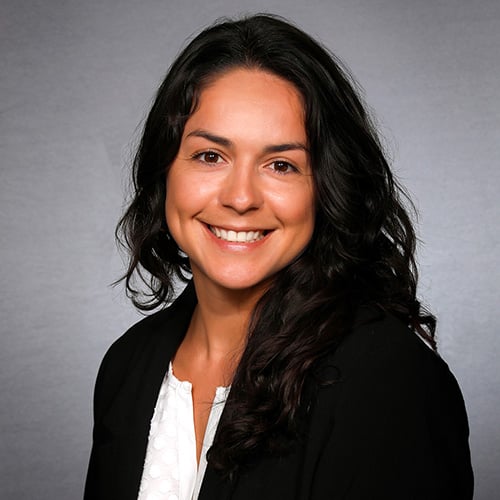
Kayla Meza
Senior Clinical Research Coordinator
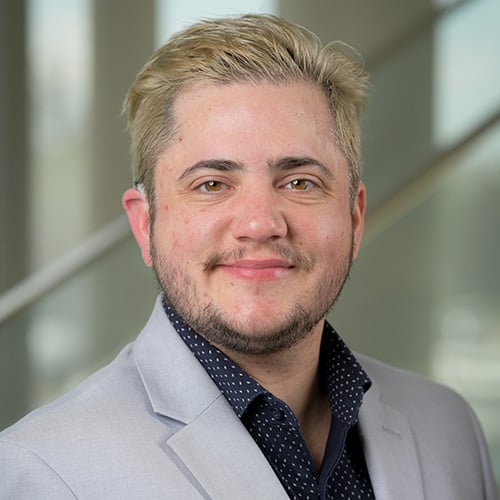
Alexander Wilkins, Ph.D.
Co-Director of DeafYes!
Major Accomplishments:
Beginning in July 2023, the DeafYES research team, in partnership with the Deaf-owned agency National Deaf Therapy, will spearhead the first-ever full-scale psychotherapy trial conducted in the Deaf community - “Evaluating Signs of Safety: A Deaf-Accessible Therapy Toolkit for AUD and Trauma.” This project will potentially validate the first evidence-based therapy for Deaf people, as well as provide future behavioral health researchers with a vital roadmap for conducting community-engaged clinical trials with Deaf people.
Dr. Alexander Wilkins, Co-Director of DeafYES, is currently on the path to achieving independence as a clinician-scientist – to our knowledge, the first Deaf person in the nation to serve as a behavioral therapy clinical trials researcher.
In partnership with the MA Department of Mental Health, the DeafYES team created a Deaf-accessible version of the Question Persuade Refer (QPR) suicide prevention training. This training is designed for Deaf community members and is available at https://deafyes.org/our-training/
Research:
Evaluating Signs of Safety: A Deaf-Accessible Therapy Toolkit for AUD and Trauma
Dates: 9/1/2023 - 9/1/2028
Funder: National Institutes of Health (NIH)
Funding: $745,244
PI: Melissa Anderson, Ph.D.
Description
The U.S. Deaf community – a group of more than 500,000 Americans who communicate using American Sign Language (ASL) – experiences nearly triple the rate of lifetime problem drinking and twice the rate of trauma exposure compared to the general population.
Although there are several treatments for alcohol use disorder (AUD) and posttraumatic stress disorder (PTSD) in hearing populations, none have been developed for or tested with Deaf clients. To address these barriers, our team developed Signs of Safety, a Deaf-accessible therapy toolkit for treating AUD and PTSD.
We are conducting a nationwide, virtual clinical trial to compare (1) Signs of Safety with (2) treatment as usual and (3) a no-treatment control, to collect data on clinical outcomes, and to explore potential mediators and moderators of outcome.
Sign Here: How to Conduct Informed Consent with Deaf Individuals
Dates: 3/1/2021 - 2/28/2023
Funder: National Institutes of Health (NIH)
Funding: $476,102
PI: Melissa Anderson, Ph.D.
Description
The U.S. Deaf community – a minority group of more than 500,000 people who use American Sign Language (ASL) – is one of the most understudied and underserved populations within our nation’s healthcare system. Reasons for this underrepresentation include lack of language access and feelings of mistrust toward the medical community. We propose to refine and test two training interventions – one for healthcare providers and one for clinical researchers – that teach professionals how to skillfully and sensitively interact with Deaf individuals, especially during the informed consent process. Results will inform a large national study that will test the effectiveness of our training interventions in real-world academic and clinical settings with a range of available training resources.
Deaf Motivational Enhancement Therapy (Deaf- MET)
Dates: 9/10/21 - 8/31/26
Funder: National Institute on Alcohol Abuse and Alcoholism
Funding: $155,667
PI: Alex Wilkins, Ph.D.
Description
The U.S. Deaf community – a group of more than 500,000 Americans who communicate using American Sign Language (ASL) – experiences nearly triple the rate of lifetime problem drinking compared to the general population. Yet, there are no therapy approaches that have been developed and formally tested to treat problem drinking or alcohol use disorder among Deaf clients. The proposed K23 study will begin to address this gap by supporting the development and preliminary validation of Deaf Motivational Enhancement Therapy (Deaf- MET), a Deaf-accessible pre-treatment for alcohol use disorder.
Supplement Piloting Signs of Safety: A Deaf-Accessible Therapy Toolkit for Alcohol Use Disorder and Trauma
Title: Supplement Piloting Signs of Safety: A Deaf-Accessible Therapy Toolkit for Alcohol Use Disorder and Trauma
Dates: 9/1/2019-7/31/2021
Funder: NIH/National Institute on Alcohol Abuse and Alcoholism
Funding: $438,956
PI: Melissa Anderson, Ph.D.
Description
This diversity supplement supports the mentorship and training of postdoctoral fellow under award R34AA026929, “Piloting Signs of Safety: A Deaf-Accessible Therapy Toolkit for AUD and Trauma.” The 11-month program of formal postdoctoral training, hands-on research experiences, and interdisciplinary mentorship activities will advance the postdoctoral fellow towards their goal of becoming an NIAAA-funded researcher who creates and disseminates Deaf-accessible, evidence-based alcohol treatment interventions. Our lab at UMass Chan Medical School (UMass Chan) is ideally and uniquely suited to provide these formative professional development experiences, as we are currently spearheading the first-ever behavior therapy randomized controlled trial (RCT) within the Deaf population.
Piloting Signs of Safety: A Deaf-Accessible Therapy Toolkit for Alcohol Use Disorder and Trauma
Title: Piloting Signs of Safety: A Deaf-Accessible Therapy Toolkit for Alcohol Use Disorder and Trauma
Dates: 8/12/2018-7/31/2021
Funder: National Institute on Alcohol Abuse and Alcoholism
Funding: $722,343
PI: Melissa Anderson, Ph.D.
Description
The U.S. Deaf community – a group of more than 500,000 Americans who communicate using American Sign Language (ASL) – experiences nearly triple the rate of lifetime problem drinking and twice the rate of trauma exposure compared to the general population. Although there are validated treatments for alcohol use disorder and posttraumatic stress disorder (PTSD) in hearing populations, there are no evidence-based treatments for any behavioral health condition for use with Deaf clients. To address these barriers, our team developed Signs of Safety, a Deaf-accessible therapy toolkit for treating alcohol use disorder and PTSD. Our proposed aims are to conduct a two-arm pilot randomized controlled trial of Signs of Safety and to collect data on feasibility, preliminary clinical outcomes, and potential mediators and moderators of outcome.
